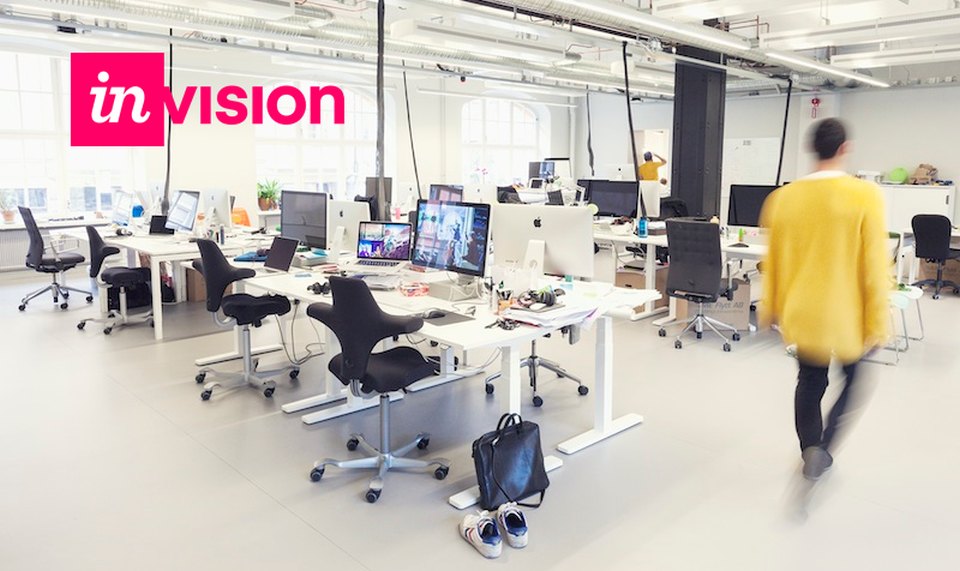
InVision, a New York-based design software unicorn startup, has officially closed its platform. The company made the announcement about its shutdown at the end of last year.
Before facing closure, InVision had raised a total of $350 million in funding from prominent investors, including Goldman Sachs and Spark Capital. Initially, it was a leading player in collaborative design software and prototyping tools, gaining popularity around 2008 when over 40% of designers used it. However, the company faced a decline in its business as Figma, a rival firm, gained significant popularity.
In a blog post, CEO Michael Shenkman expressed that the company’s primary focus is ensuring a smooth transition for its users.
“Today I am writing to share that after careful consideration we have made the difficult decision to discontinue InVision’s design collaboration services (including prototypes, DSM, etc) at the end of 2024,” Shenkman said.
“On behalf of all InVisioners, I want to convey our appreciation for the trust and support you’ve shown us. Your commitment to InVision has been our heartbeat for the last 12 years and we are genuinely thankful for the privilege of being part of your creative process,” he added.
At its peak, InVision was valued at $2 billion and was considered a challenger startup to design giant Adobe. The company started out as a tool specifically designed for prototyping among designers, serving as a platform for collaborative design work. It later experienced a consistent upward trajectory in success, particularly through various funding rounds.
In its early days, InVision started as a prototyping tool for designers, catering to design collaboration. The company experienced successive funding rounds, beginning with $1.5 million in its debut year, followed by $45 million in 2015, and a significant leap to $100 million in 2017, achieving unicorn status with a valuation of $1 billion. The subsequent year marked another milestone as InVision raised $115 million, effectively doubling its valuation.
Despite its early success, the rise of Figma led to a decline in InVision’s popularity among designers. Figma, launched to the public in 2016, seamlessly integrated UI design and prototyping. In a Series D funding round in 2020, the company successfully secured $50 million, with Andreessen Horowitz leading the investment.
InVision was founded in 2011 by Ben Nadel and Clark Valberg. During the twelve years, the company served over 9 million people across global enterprises and small teams. The core of InVision was Freehand, an online digital whiteboard that functioned as a collaborative canvas for various work processes.
